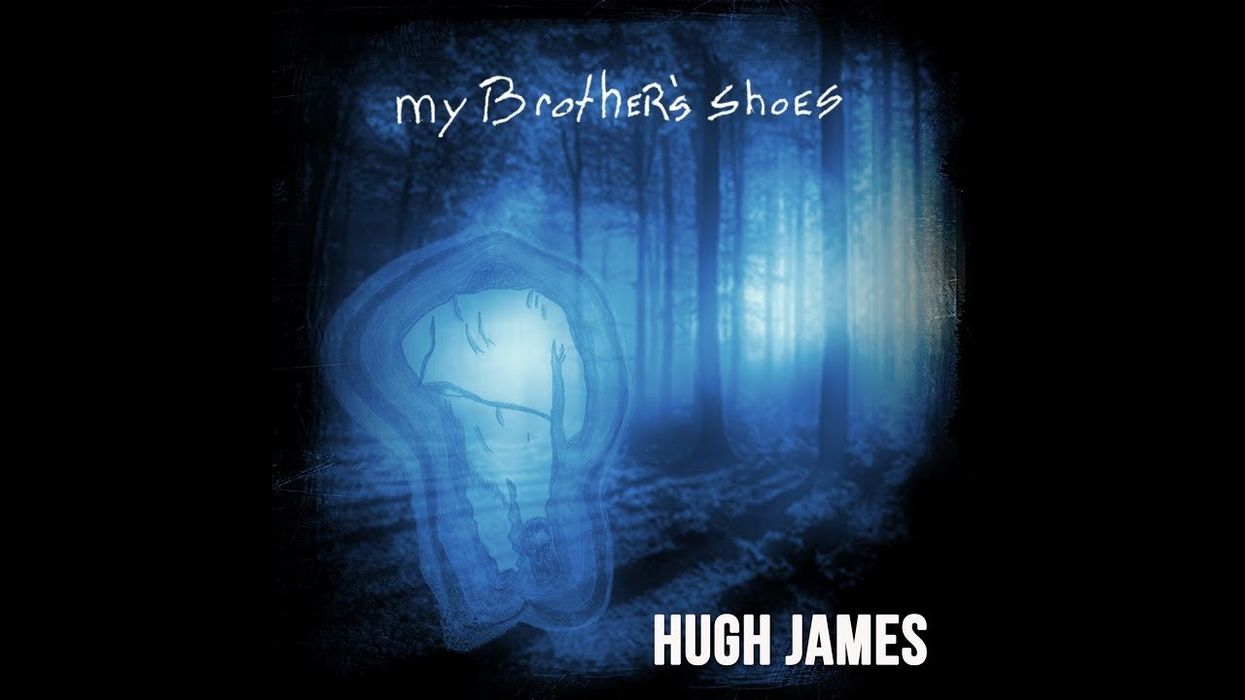Nevins is co-publisher of The Fulcrum and co-founder and board chairman of the Bridge Alliance Education Fund.
Three weeks ago I wrote a column in The Fulcrum titled “ Shifting the narrative on homelessness in America.“ About homelessness in America, I noted the ease with which once can become numb to statistics and forget about the human suffering each homeless person is experiencing.
As so often is the case in our country, real progress on major social issues first necessitates emotional engagement. This can be done by putting ourselves in someone else’s shoes, looking at the situation through the eyes of others. Doing so inspires people to take action and has so often served as the foundation for social progress in our nation. And oftentimes, pop culture can play a vital role in the process whether through music, film, theater, dance, or even sports.
Robert Craig Films’ No Address, which I spoke of a few weeks ago, reminds us of the human side of those struggling as he shares the story of a group of individuals experiencing the national epidemic of homelessness due to various personal circumstances.
And so with my mind still focused on the emotions I’ve been feeling since the previous writing, a friend introduced me to a song asking, “Has anybody out there seen my brother's shoes?”
Hugh James captures the spirit of brotherly love with the passion that reminds all of us not to judge the lives of others until we’ve walked a few miles in their shoes. The Los Angeles based singer/songwriter was inspired to write "My Brother's Shoes"in the wake of his brother Doug’s passing in 2014, after his sibling had fallen on hard times.
The song is a prompt to consider another’s walk in life before making our own judgements and opinions.
I was deeply moved. Are you?


















 "On the Frontlines of Democracy" by Nonprofit Vote,
"On the Frontlines of Democracy" by Nonprofit Vote,

Trump & Hegseth gave Mark Kelly a huge 2028 gift